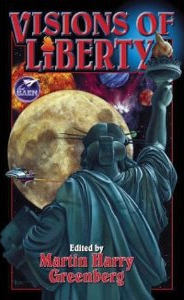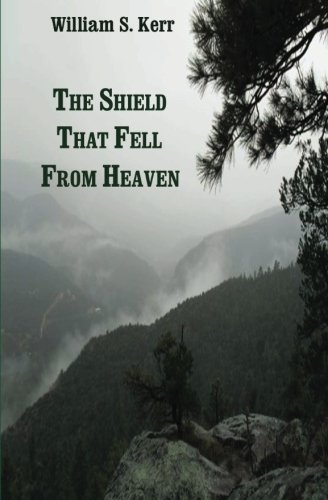In a recent addition to the Libertarian Tradition podcast series, part of the Mises Institute’s online media library, Jeff Riggenbach uses Objectivist Robert Bidinotto’s novel Hunter as a launchpad to discuss Objectivist subculture and fear.
You can also read the transcript below:
In a recent conversation with a younger libertarian, I heard something that I found somewhat surprising and somewhat disturbing at the same time. But later, on reflection, I realized that what I had heard should not have surprised me, however much it may still disturb me. My young friend had said, and I paraphrase here, that he was surprised to learn that I thought of Objectivists as libertarians at all. Based on what he had seen of the positions they took on political issues, especially foreign policy, he had concluded that they were just another kind of neocon.
I refer to this younger libertarian as “my young friend,” but the fact is, he’s no kid; he’s in his early 40s, which tells you how long the situation with respect to Objectivism that I’m going to describe and deplore has been going on — that a man in his 40s cannot remember a time when leading Objectivists didn’t talk in such a way about questions of US foreign policy (and about other questions as well, as we shall see) that they become hard to differentiate from certain kinds of conservatives and hard to see as any sort of libertarian.
But before I get further into that depressing theme, there’s a new book I’d like to commend to your attention. It’s a novel entitled Hunter: A Thriller, and it’s the work of the prominent Objectivist writer Robert Bidinotto. Now, a word of caution. What follows is not properly a book review, because what I’m really interested in talking about here is not Bidinotto’s thriller in its capacity as a novel, an entertainment, a work of “popular art,” but rather what it can tell us in its capacity as a cultural artifact.


















